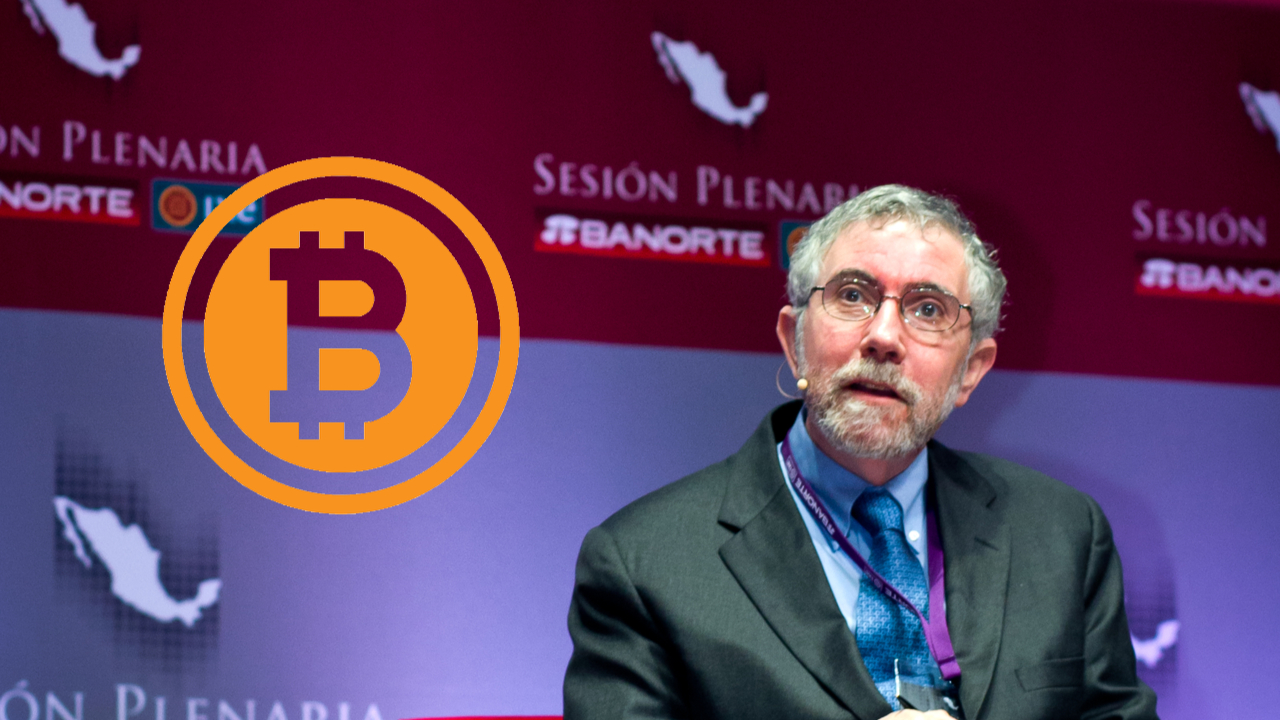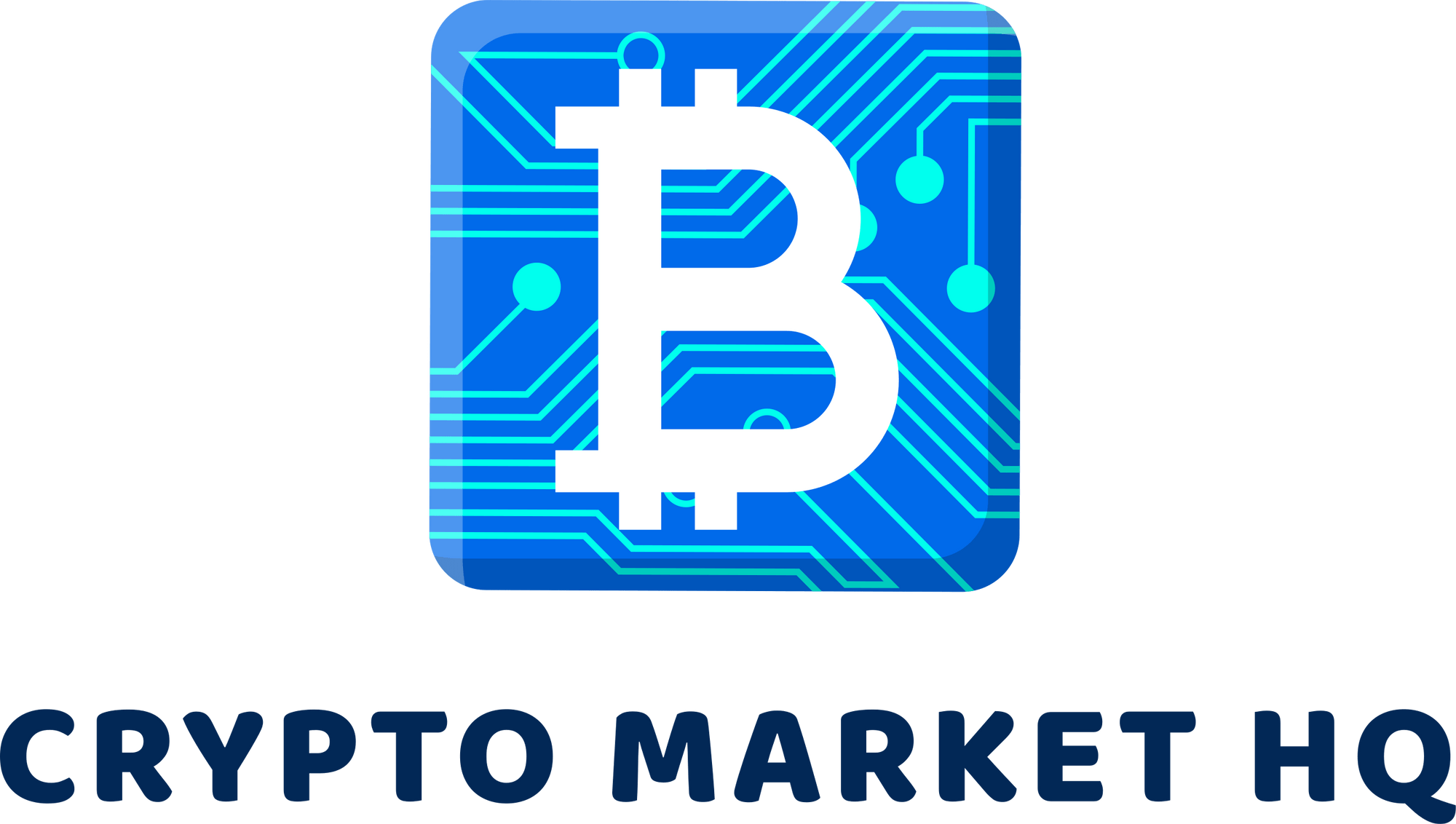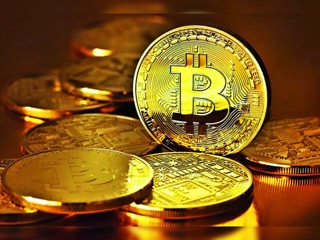
Nobel Prize-winning economist Paul Krugman has warned about the possibility of a perennial winter for blockchain projects, including crypto. In a recent article published in the New York Times (NYT), the economist criticizes blockchain as a tech and its uses citing several signs that he believes precede this upcoming winter.
Paul Krugman Compares Crypto Winter to Fimbulwinter
Paul Krugman, the Nobel prize award winner, is warning about an upcoming eternal cryptocurrency winter for blockchain-based projects, including Bitcoin and other cryptocurrency networks. In an NYT opinion piece published on Dec. 1, the economist discusses the real utility of this tech, and how there are already signs that predict a future downfall.
Krugman criticizes the real utility of this technology when there are other centralized alternatives that currently function quite well. On this, Krugman explained his skepticism, stating:
What’s the point?” Why go to the trouble and expense of maintaining a ledger in many places, and basically carrying that ledger around every time a transaction takes place?
With base on this, and also on the recent downfall of one of the biggest cryptocurrency exchanges in the world, FTX, Krugman believes that this crypto winter might bring a complete abandonment of blockchain and crypto tech. He compared it to the Fimbulwinter, a winter that precedes the end of the world according to nordic mythology.
Signs of the Fall
To Krugman, in the last few months, there have been several signs of this abandonment coming. The economist cites the recent write-off that several companies like Maersk and the Australian Stock Exchange have made regarding their blockchain-based projects as part of its justification.
Also, Krugman criticizes Bitcoin’s raison d’être openly, stating that “banks rarely steal their customers’ assets, while crypto institutions more easily succumb to the temptation, and extreme inflation that destroys money’s value generally happens only amid political chaos.”
In the same vein, Krugman calls out Bitcoin’s proof-of-work (PoW) consensus, estimating the damage that it had brought to the environment in the tens of billions of dollars, with no apparent benefit besides producing “worthless tokens.”
However, this opinion is different from the one that he expressed on May 2021. At the time, he expressed that while he did not believe in the fundamentals behind Bitcoin, he was sure that the market was a “cult that can survive indefinitely.” In June, he compared cryptocurrencies to the housing bubble and the subprime mortgage crisis, telling “it is a house built not on sand, but on nothing at all.”
What do you think about the opinion of Paul Krugman on the future of blockchain and crypto? Tell us in the comments section below.
Image Credits: Shutterstock, Pixabay, Wiki Commons, TANYA LARA, Shutterstock.com
Disclaimer: This article is for informational purposes only. It is not a direct offer or solicitation of an offer to buy or sell, or a recommendation or endorsement of any products, services, or companies. Bitcoin.com does not provide investment, tax, legal, or accounting advice. Neither the company nor the author is responsible, directly or indirectly, for any damage or loss caused or alleged to be caused by or in connection with the use of or reliance on any content, goods or services mentioned in this article.







